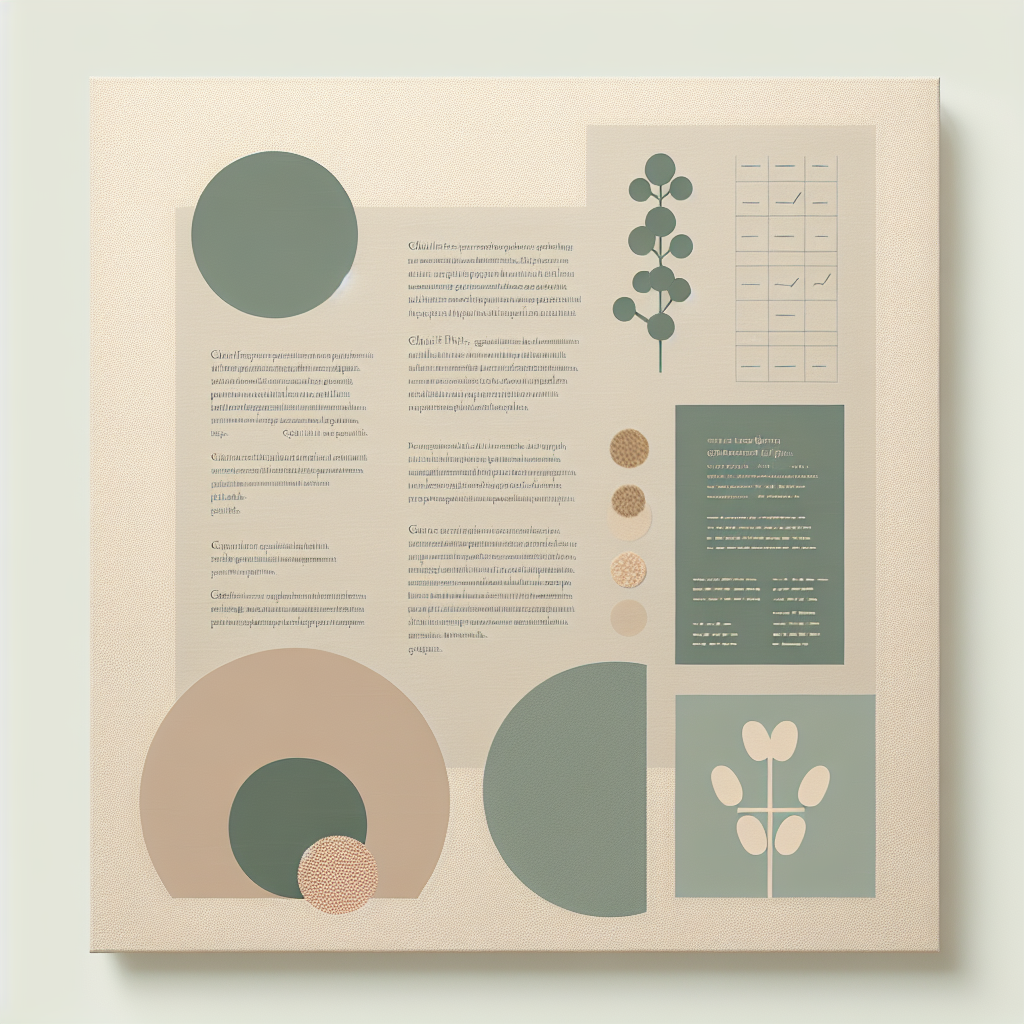So, you’ve browsed the supermarket bolting from one aisle to another with a cart full of gluten-free products, spent time acquainting yourself with friendly gluten-free recipes and are slowly but surely navigating yourself through the colorful land of gluten-free living. Great job! You are doing it… and now, you’re finally feeling confident about your gluten-free lifestyle and getting the hang of it!
One area, however, that is unfortunately overlooked but still critical to our overall well-being, especially for us gluten-freers, is sleep. You might be wondering, “Claire, what does sleep have to do with a gluten-free lifestyle?” The answer is simple: a lot! A good night’s sleep is as important as regular physical activity and a balanced diet in maintaining a healthy lifestyle, let alone when you’re following specific dietary requirements. Just like managing your diet helps with overall health, good sleep can also have profound effects on your energy levels, concentration, and even emotions.
Research suggests that people with gluten sensitivity or celiac disease often struggle with achieving sound sleep due to common symptoms such as inflammation, discomfort, and digestive issues. So, the question arises, can a gluten-free diet improve your sleep quality? Absolutely!
Allow me to guide you through the tactile interface between your gluten-free lifestyle and sleep to help you get the ZZZs you deserve. Here are a few sleep-enhancing strategies you can implement into your daily routine:
1. **Eat Early, Sleep Well**: Enjoy your evening meals early and allow at least 3 hours before going to bed. This enables your body to efficiently digest the food before bedtime, reducing the possibility of discomfort that could disrupt your sleep. Remember, managing your gluten-free diet is an art, and timing your meals just paints another stroke in the grand canvas of achieving better sleep.
2. **Mind Your Minerals**: In one of our previous posts about [Essential Vitamins and Minerals in a Gluten-Free Diet](#), we discussed how some nutrients, like magnesium and potassium, promote better sleep. So, next time you are planning your gluten-free meals, consider incorporating foods rich in these minerals. How about a plate of roasted beetroot and spinach salad sprinkled with sunflower seeds for dinner, or a banana smoothie for a mellow evening dessert? Sounds refreshing, doesn’t it?
3. **Limit Caffeine and Hydrate**: This might be a hard pill to swallow (especially for coffee-lovers) but cutting down on caffeine intake, especially a few hours before bedtime, can drastically affect your sleep quality. Substitute your evening coffee with herbal teas that are known to foster sleep, such as chamomile or lavender. Also, remember to hydrate yourself adequately throughout the day. While we’ve already talked about [The Importance of Hydration on a Gluten-Free Diet](#), I cannot stress enough how staying hydrated can enhance your sleep quality by preventing dry mouth, parched throat or dehydration induced sleep disruptions.
4. **Embrace the Carb-Dinner**: Remember the blissful sleep post-Thanksgiving meal? Part of that is due to the high intake of carbohydrates, known to boost the production of serotonin – a hormone that helps regulate sleep. If you thought being on a gluten-free diet means missing out on this benefit, think again! There are numerous gluten-free carbs you can incorporate in your dinner, such as quinoa, sweet potatoes, rice or even gluten-free pasta. Just be sure to balance it with proteins and vegetables to maintain a well-rounded meal.
5. **Exercises and Relaxation Techniques**: Regular physical activity and relaxation techniques such as mindfulness, yoga, and even simple breathing exercises can greatly facilitate deep and restful sleep. In our post about [Workouts That Complement Your Gluten-Free Lifestyle](#), we touched upon how physical activity can enhance your overall gluten-free experience. Now merge this with calming breath-work or evening stretches, and you have a recipe for a tranquil night of rest!
Getting an adequate and restful sleep can significantly enhance your overall gluten-free lifestyle experience, not to mention lift your mood and boost your energy levels. So, snuggle in, turn off your gadgets and let a restful night’s sleep lead you to a refreshed morning bounding with energy and positivity.
Before I sign off, remember – being on a gluten-free diet is not just about removing gluten from our lives but embracing a healthier way of living. Every minor adjustment, whether it is about correcting our sleeping patterns or adapting our exercise routine, counts towards this healthy shift. So, let’s continue to ride this wave of transformation together towards better gluten-free living. Here’s to sweet dreams and peaceful nights!
**Category: Health & Wellness**



